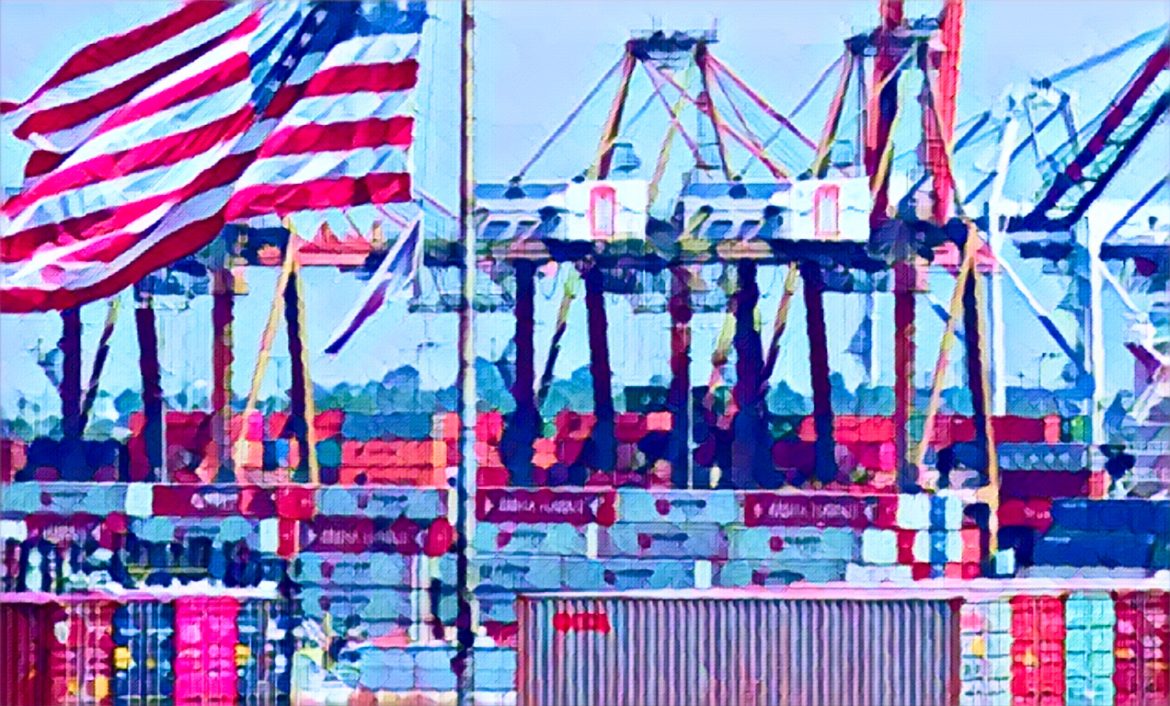KEY POINTS
-
U.S. criticizes Nigeria’s import ban on agricultural goods.
-
Restrictions on key products hurt U.S. business opportunities in Nigeria.
-
Nigeria’s policies are aimed at promoting local production but limit market access.
The United States Trade Representative (USTR) has criticized Nigeria’s import ban on 25 product categories, claiming the restrictions limit market access for U.S. exporters.
This critique comes on the heels of President Donald Trump’s tariffs on imported goods, with Nigeria facing a 14 percent duty. The USTR highlights how these trade barriers impact key sectors, especially agriculture, pharmaceuticals, and consumer goods, creating obstacles for American companies seeking to expand in the Nigerian market.
Restrictions on key U.S. goods limit export opportunities
According to Punch, the U.S. agency points out that the Nigerian ban covers essential items such as beef, pork, poultry, fruit juices, medicaments, and alcoholic beverages.
These restrictions reduce export opportunities for U.S. businesses, causing significant financial losses. With Nigeria’s efforts to control imports and promote local production, the ban, which has been in place since 2016, continues to affect U.S. trade relations, especially in the agriculture, pharmaceutical, and beverage sectors.
Nigeria’s import policies and their economic implications
While Nigeria’s import restrictions were introduced to stimulate local production, they have led to lost revenue for U.S. businesses. The trade barriers also prevent U.S. companies from expanding in the Nigerian market, limiting their access to a growing consumer base.
On top of these restrictions, the Nigerian government has also announced plans to halt solar panel imports, promoting local manufacturing in a bid to foster clean energy production.


